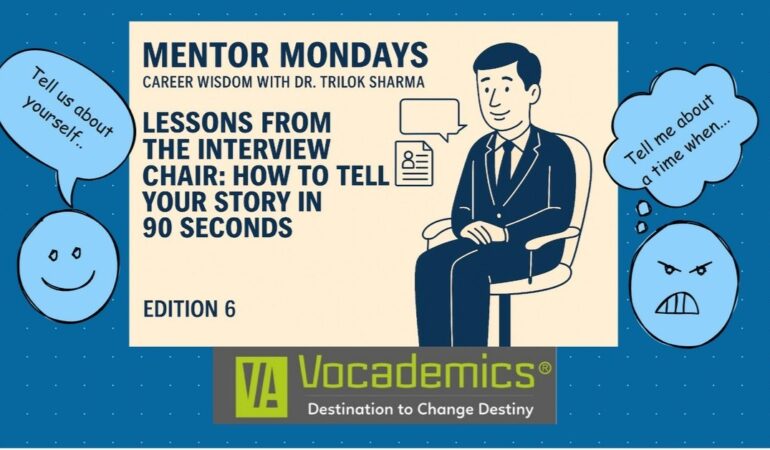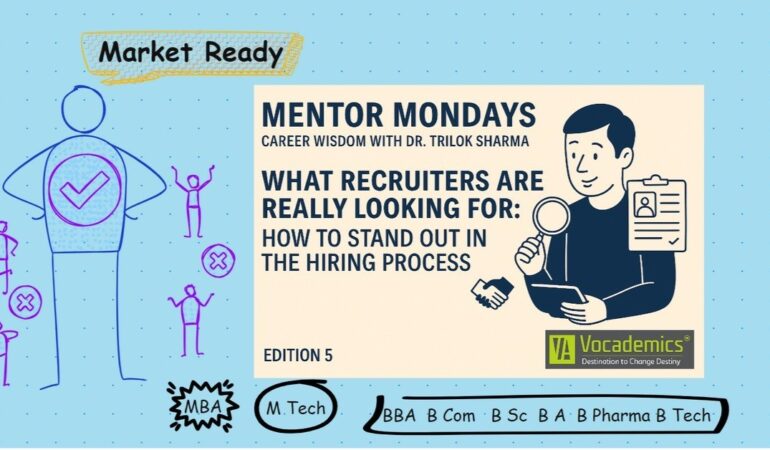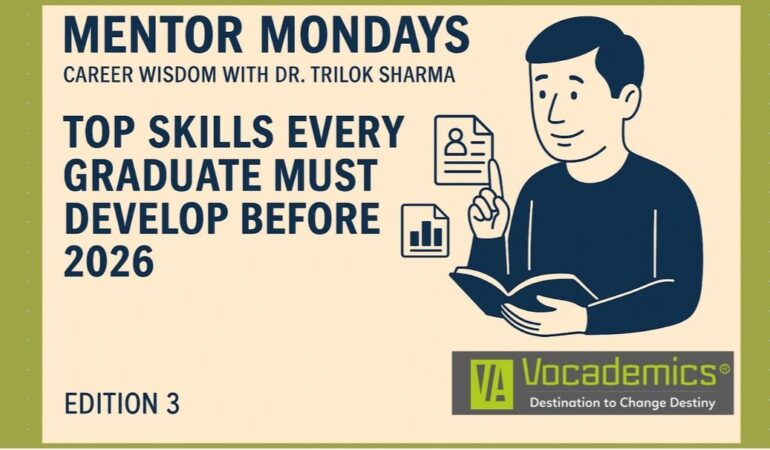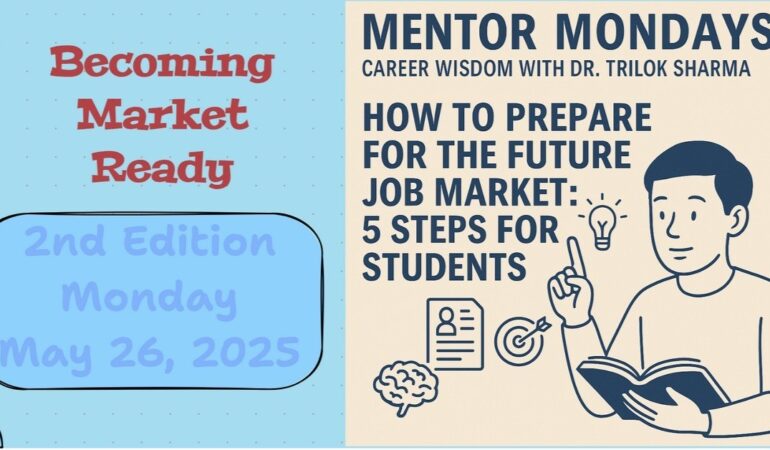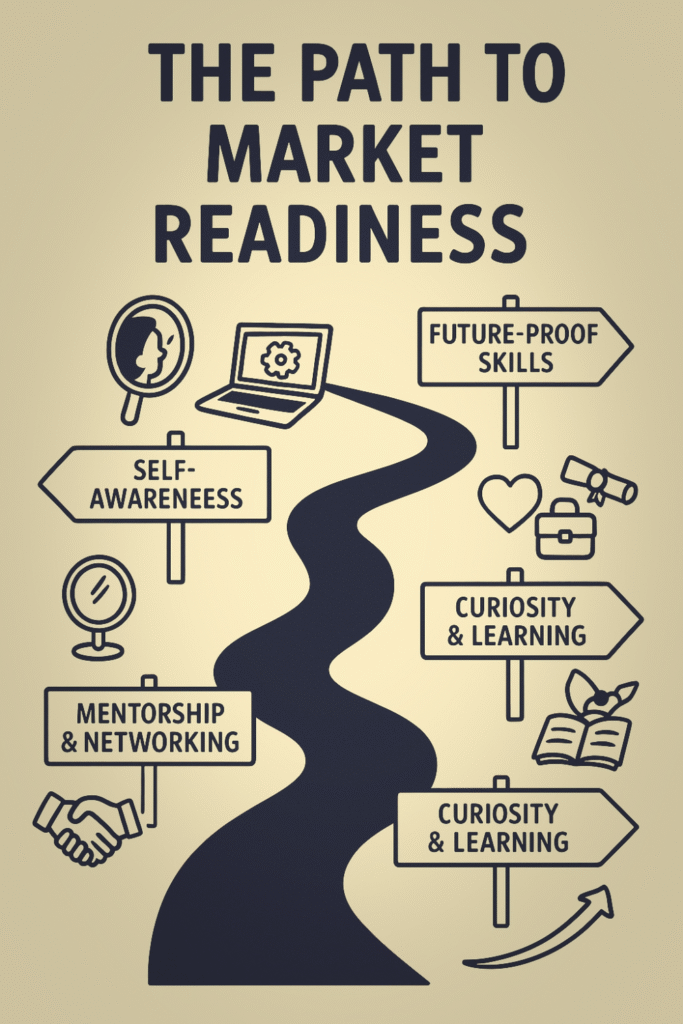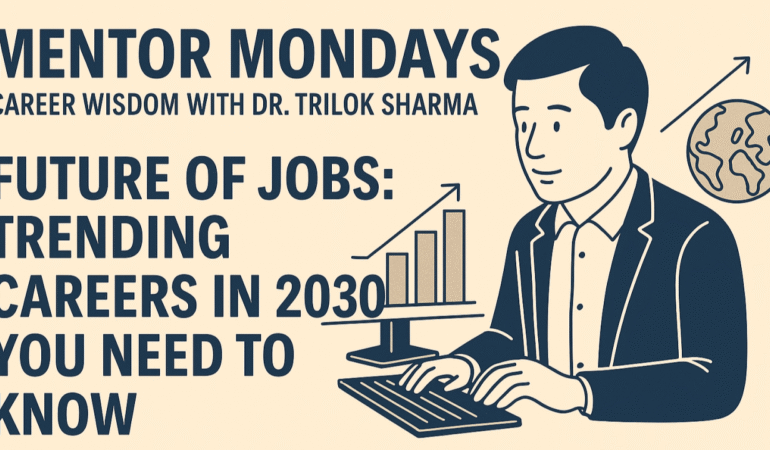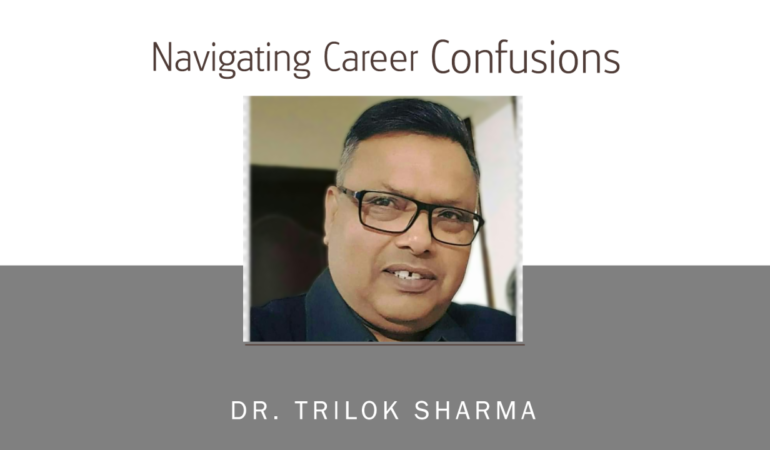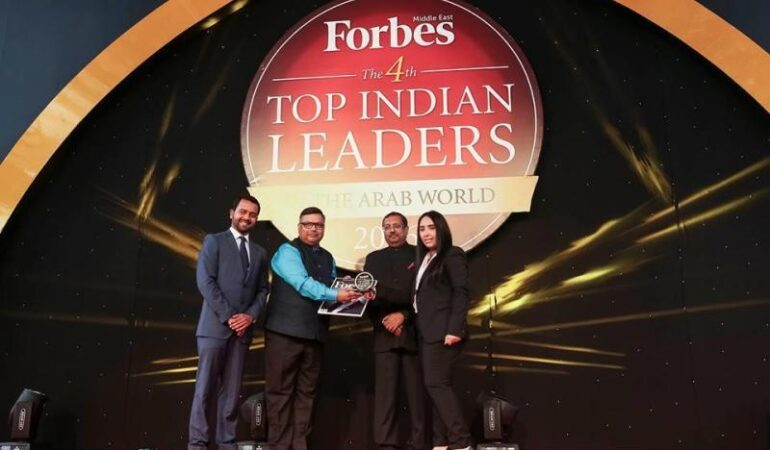How to Tell Your Story in 90 Seconds
Welcome back to Mentor Mondays, your weekly guide to professional growth, skill-building, and career clarity.
Imagine this: You walk into an interview, the panel looks at you, and the first question comes:
“So, tell us about yourself…”
It sounds simple, but in those 90 seconds, you have a rare opportunity to shape the interviewer’s perception. Will you list your degrees? Recite your resume? Or will you tell a story that is clear, confident, and compelling?
This edition is all about crafting that perfect personal pitch. Whether you’re a student entering the job market or a professional transitioning roles, this guide will help you articulate your journey, values, and goals — in just one and a half minutes.
🕐 Why 90 Seconds Matter
Most recruiters form an impression of you within the first few moments. A 90-second pitch:
- Sets the tone for the rest of the interview
- Highlights your strengths and uniqueness
- Demonstrates your clarity of thought and communication
- Builds rapport and shows confidence
A great pitch can make even average answers shine. A poor one can lose attention before you even begin.
🎨 Structure: The 3-Part Formula
Use this 3-part structure to keep your pitch focused and memorable:
1. The Present
Start with what you are doing now. Mention your current role, field of study, or internship experience.
“I’m currently pursuing my final year in B.Tech with a focus on Artificial Intelligence, and just completed a 6-month internship at Infosys in the NLP division.”
2. The Past
Then talk about relevant experiences that shaped your journey — academics, leadership roles, or volunteer work.
“During my second year, I led a campus hackathon and discovered my passion for problem-solving and mentoring peers.”
3. The Future
Conclude with your goals and what you’re looking for.
“I’m now looking to apply my skills in a dynamic organization that values innovation and learning, especially in the AI and data ethics space.”
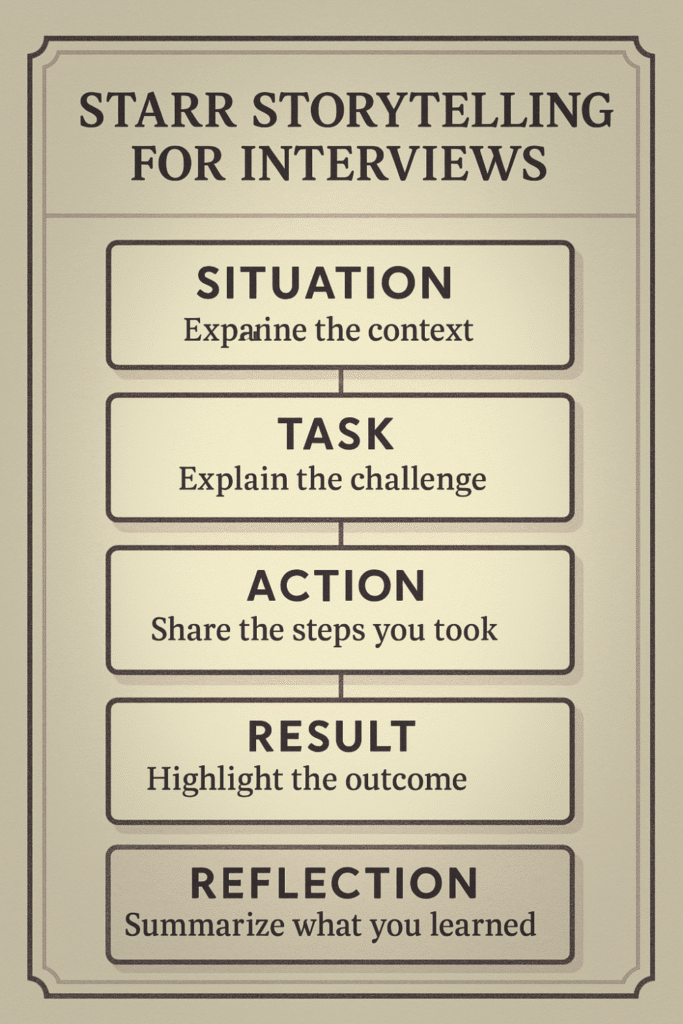
🎭 Storytelling Technique: The STARR Framework
Use the STARR method to answer behavioral questions and enrich your career pitch:
- Situation – What was the context?
- Task – What challenge or goal did you face?
- Action – What steps did you take?
- Result – What was the outcome?
- Reflection – What did you learn?
To truly master behavioral interviews, it’s important to understand how unstructured thoughts often cloud our ability to answer confidently. This is where the STARR Framework becomes essential. The “Behavioral Interview Questions Funnel” sketch illustrates this beautifully—it begins with a broad and often vague prompt like “Tell me about a time when…”, which can easily trigger scattered or unclear memories. Without structure, answers can become lengthy or irrelevant. By applying the STARR method, you organize your response into a clear, logical flow, leading to a confident, outcome-focused delivery that impresses interviewers.
🔹 Example:
“During my second year of college, I realized our robotics club had become inactive and lacked participation. (Situation)
I felt responsible to revive it and set a goal to rebuild its presence on campus. (Task)
I initiated a robotics bootcamp, restructured the team, and onboarded enthusiastic juniors through outreach events. (Action)
As a result, within three months, the club grew to 60+ active members and won two inter-college competitions. (Result)
This experience taught me the value of initiative, leadership, and creating sustainable engagement through collaboration. (Reflection)
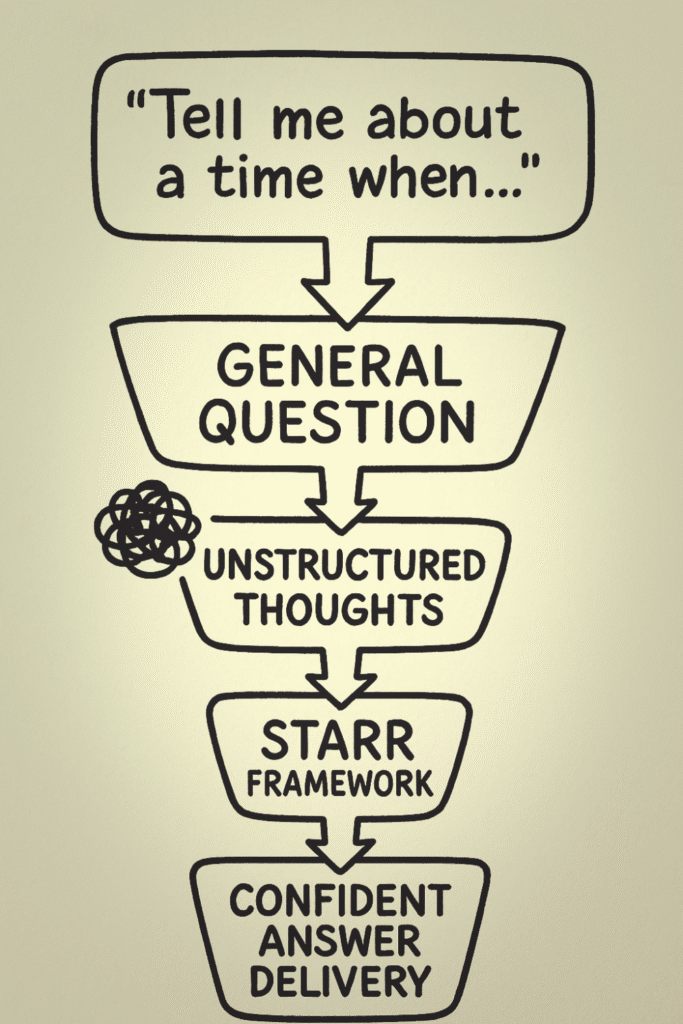
📚 Dos and Don’ts
Dos:
- Keep it conversational
- Practice it out loud, but don’t memorize it like a script
- Highlight soft skills (communication, adaptability, teamwork)
- Add personality (what drives you, what excites you)
Don’ts:
- Don’t recite your entire resume
- Don’t use jargon or cliches
- Don’t oversell or sound rehearsed
🌐 Building Your Future Skills Pyramid
As you sharpen your storytelling and interview techniques, don’t forget to invest in the skills that will shape your career in 2030 and beyond. Our Future Skills Pyramid sketch offers a visual roadmap—starting from Foundational Skills like communication and digital literacy, moving up to Transitive Skills such as adaptability and collaboration, and peaking with Technical & Domain Expertise relevant to your field. Building this layered skillset ensures that you’re not just interview-ready, but also future-ready, equipped to thrive in dynamic, AI-driven work environments.

🌟 From Dr. Trilok’s Desk
“A great introduction is not a trailer of your life story. It’s a window into your mindset.”
When you tell your story with authenticity and purpose, you instantly become memorable.
🎓 Practice Task
Take a moment now to write your 90-second pitch using the 3-part model.
- What’s your present?
- What’s your past?
- What’s your future aspiration?
Read it out loud. Then refine it with STARR examples. Practice until it becomes a part of you, not a performance.
🚀 Ready to Own the Room?
For personalized feedback, interview coaching, or career guidance, visit: www.vocademics.edumilestones.com
See you next Monday with another edition of Mentor Mondays: Career Wisdom with Dr. Trilok Sharma.

